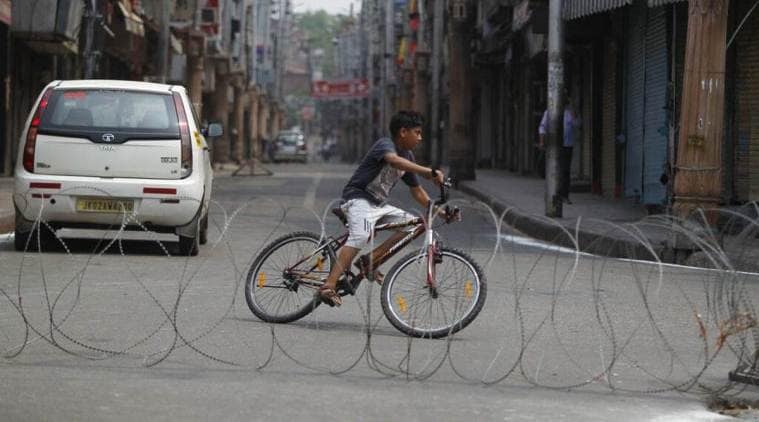South Asia needs a culture of commitment to human rights
The challenges of both India and Pakistan can be solved only if we re-imagine ourselves, internally, as a zone of freedom, not warring identities.

X
There is, no doubt, a stunning irony in Pakistan positioning itself as a champion of the rights of Kashmiris and human rights more generally. India’s biggest asset diplomatically is that it is dealing with a state whose commitment to self-serving violence and the persecution of its minorities is so evident that it will taint any human rights cause it touches. But the superficial satisfaction that a diplomatic victory might yield for India should not blind us to one practical danger, and one deep moral truth. The practical danger is this: We can dismiss the current rhetoric as mere words. But two things stand out: India and Pakistan are now not just accusing each other of specific actions that are evil. They are impugning the core character of each other. Pakistan’s charge against India is now not that India is a state that illegally occupies and oppresses Kashmir; it is that the nature of the Indian regime has changed to a majoritarian racial ideology. For India, Pakistan is not a state that uses terror; the core of the state is terror incarnate. These mutual accusations have been implicit in India-Pakistan relations. But now they are explicit positions, an attack on each other’s core identity.










.png)




























No hay comentarios:
Publicar un comentario